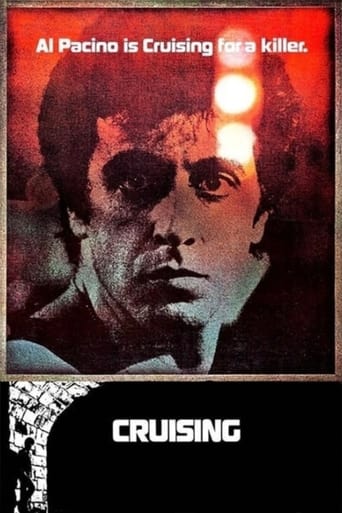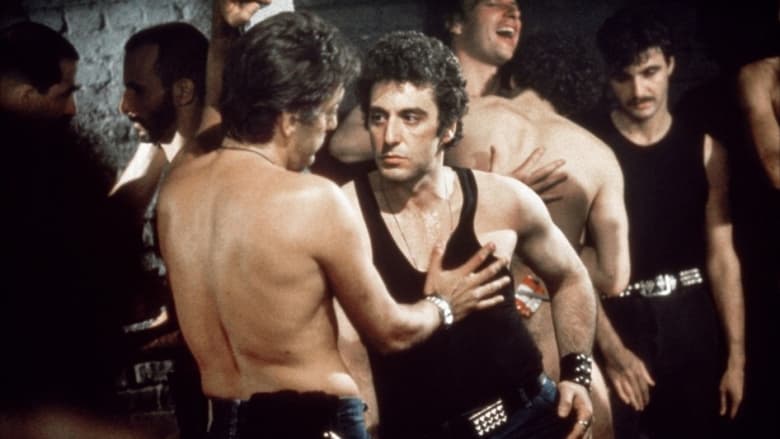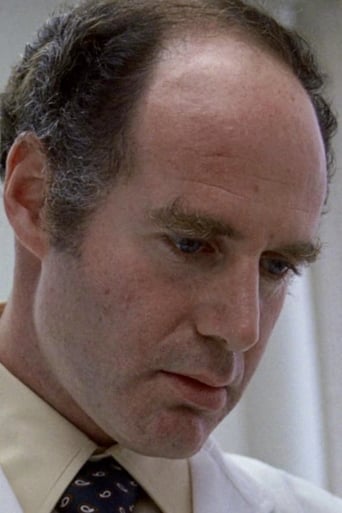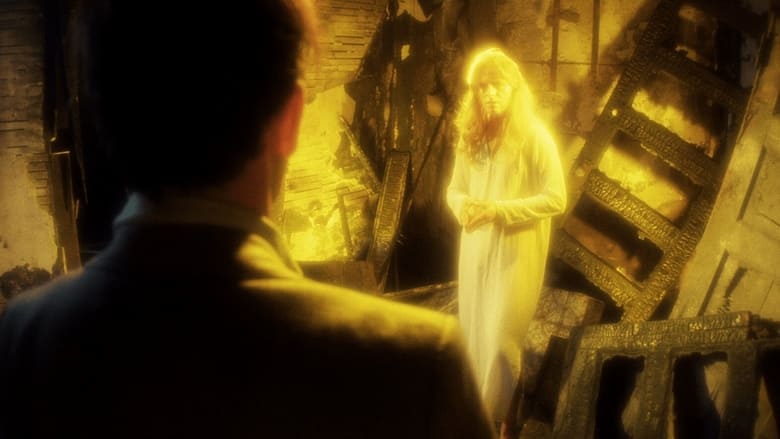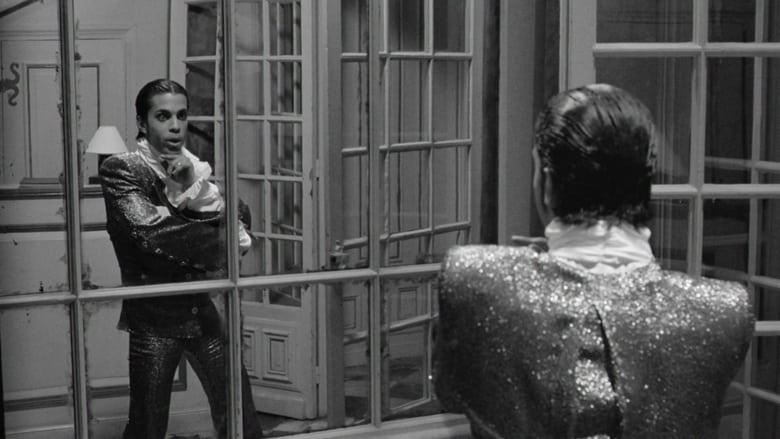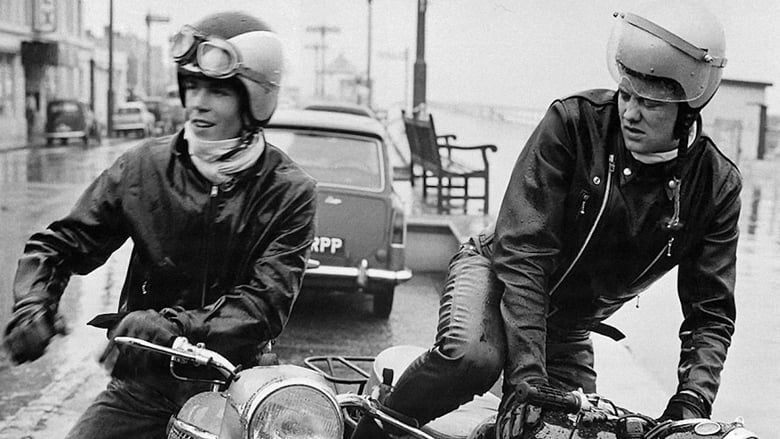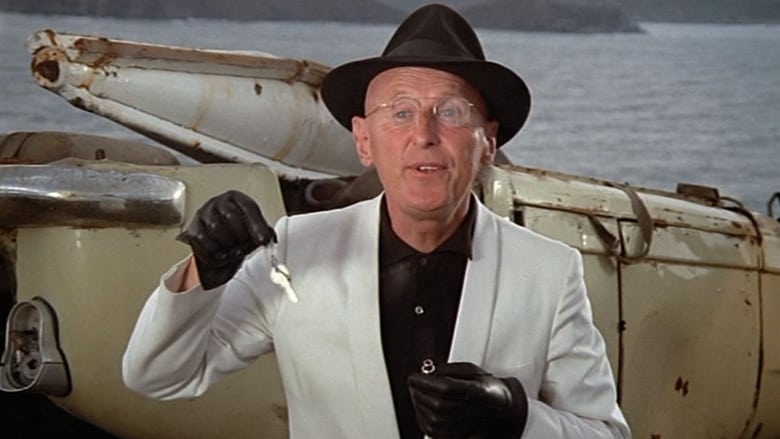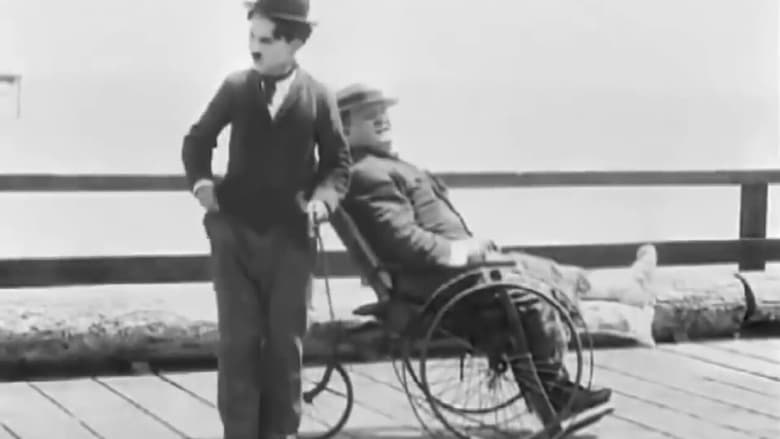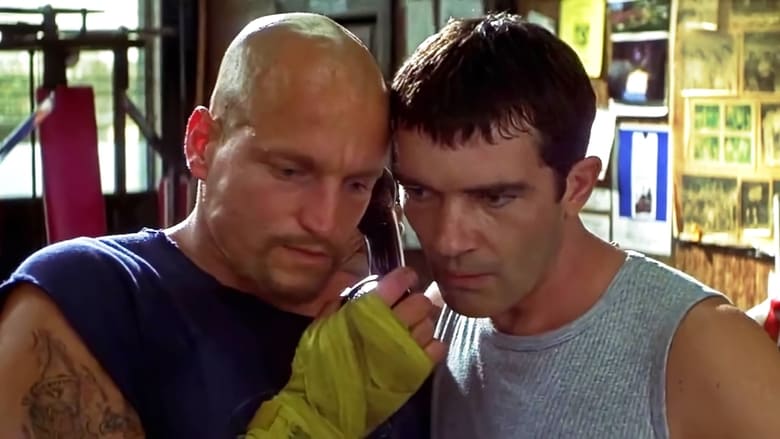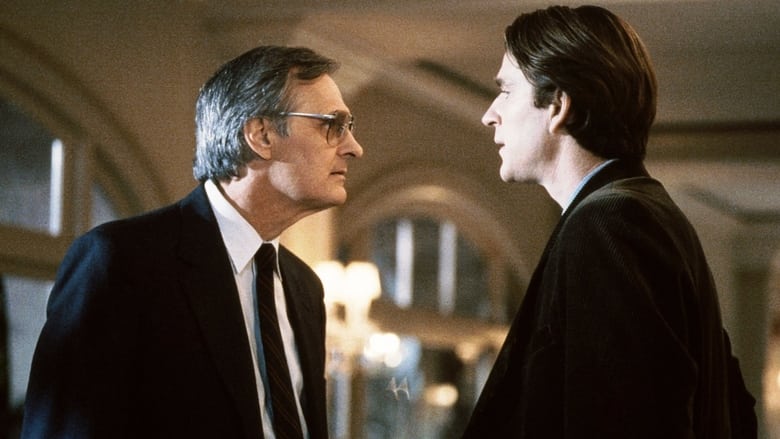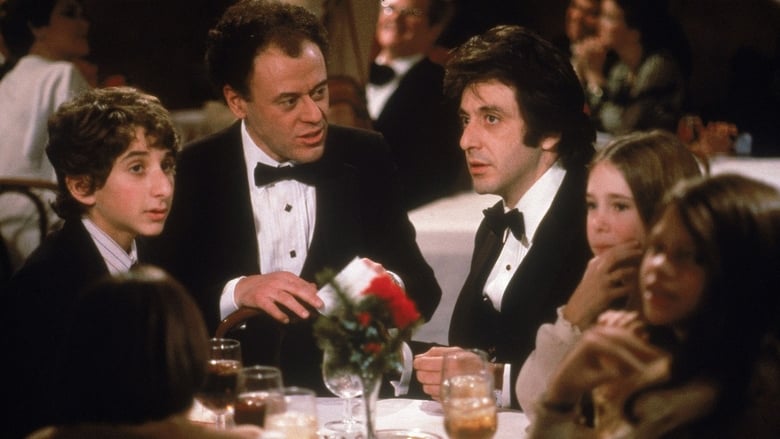When New York is caught in the grip of a sadistic serial killer who preys on patrons of the city's underground bars, young rookie Steve Burns infiltrates the S&M subculture to try and lure him out of the shadows.


Similar titles


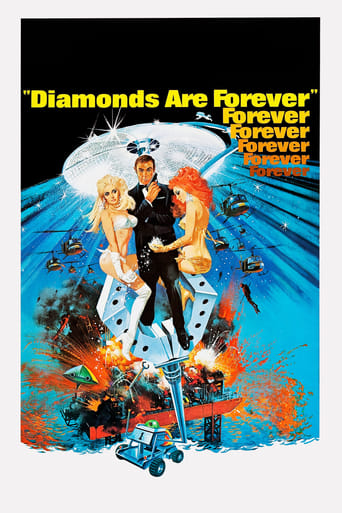
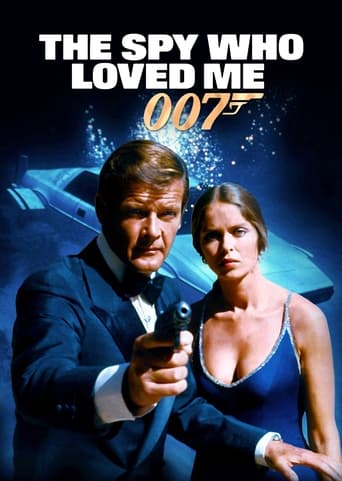
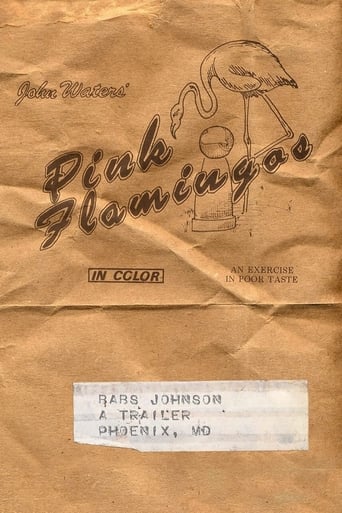
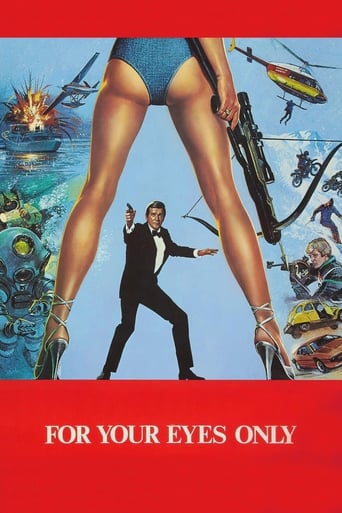

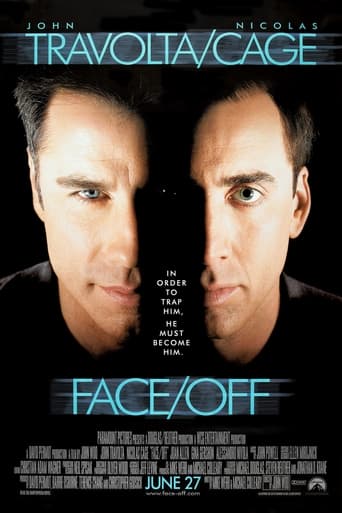


Reviews
After many years finally watched the little talked about but known 1980 thriller "Cruising" which was directed by the legend William Friedkin("The Exorcist" and "The French Connection"). And for a film of 1980 which it's focus is that of a gay culture before the years of AIDS even though many scenes were graphic with blood and gore pushing the limits the film held up as a good suspense thriller as you the viewer ask questions after each and every murder as like who done it? Set in New York city on the streets it's a tale of a serial killer who's on the prowl killing off gay men and his methods are entrapment of stalking them from gay bars to their apartments with a fetish of S&M while finishing each off with a knife in a very bloody way. In the lead role is Al Pacino(who was already a star)as detective Burns a young and up and coming investigator who's assigned to go undercover at the local gay clubs to try and crack the case. All along this changes and affects the life of Burns both personal and job wise. Thru it all this film entertains with suspense drama all while it's a showcase of a subculture that's in a different world from the norm of society, which true from 1980 standards might be more acceptable in today's world still this film was an underrated centerpiece of thrill and suspense one film that a thriller fan should see, for the fact that it's a tease and that it's murders are still a mystery leaving the viewer asking who done it?
So was Cruising supposed to be a thriller? Or was it about one man's gradual "descent" into a subculture which is looked down upon by society and the police department that employs him? Friedkin has a tough job on hand - he is making a thriller, so the film needs the thrills and the twists. But he is also making a film about a cop who is gradually attracted to the lifestyle of the people he is spying on. Friedkin does not do a good job handling these two aspects of the film or stringing them together. In the end, Cruising is neither a great thriller not a great character study.I really wanted to like this movie. I was waiting for the enthralling scenes where Pacino turned it on. But instead you have many scenes with Pacino casually walking into an underground gay bar and looking around at the debauchery going on around him. It is almost like Friedkin is saying - look, this is all so provocative. But the blatant scenes of debauchery leave you cold rather than shocked. Friedkin did such a great job gradually building up the changes in Regan's personality as she is taken over by Demon Pasusu in The Exorcist. But there is none of that ingenuity in Cruising. A bit of subtlety would have helped the movie. Instead, you are hit on the head with all the gay sex scenes. The hard rock music played during the scenes in the bar are cheesy. And so are the actors who play the gay men taking part in the debauchery.Also, Pacino is introduced a good fifteen minutes into the film. We know nothing about him. Is he a conservative cop? Does he dislike gay people? We are told literally nothing about this character.The scenes which indicate Pacino's increasing attraction to the S&M scenes are few and far between. They are quite flimsy as well. The ambiguous ending was a bit hard to believe. There is nothing that came before the ending that adds any weight to the ambiguity.Sorvino and Pacino seemed to be sleepwalking through their roles. Pacino is really good in some of the scenes (like the one where is dancing with a patron at the bar. That was intense.). But he is nowhere as intense as he is in Serpico. The scene with Powers Boothe was quite funny. But another one where Pacino is told off by a patron at the bar came across as trite.We do get a good look around New York. The film made me wonder what it would have been like to live in a great city like that in the 70s and 80s. A city that gave the opportunity to a man to become whatever he wanted to be.Norman Mailer wrote (in Tough Guys Don't Dance) that people become cops to escape the criminal or deviant inside them. I guess Pacino's character in the movie confirms to this view.
'Cruising' is not an especially good film. Not as a gruseome, gritty crime thriller. Not as an adaption of a crime novel. Not as one of the first mainstream Hollywood films to depict, often quite explicitly, the"after hours" life-style of some gay men.The film depicts – intentionally or not – gay and bisexual men in a manner starkling similar to Hollywod vampires; i.e. nocternal, decadent, amoral and predatory.Granted, it could be argued that the film's decadent aspects – namley the S&M leather bars and depicting the men who visit these bars as willingess to engage in casual, even public, sex acts may be accurate.In the sexual liberation ethos of the 1970s (filming largely took place in the summer of 1979), before the AIDS pandemic, it is certainly possible that this is how some (mostly white, middle class) gay and bisexual men liked to "get down" and party after work.The problem is that 'some' becomes 'all' as far as this film is concerned. The film makers had many creative and simple ways to better depict the gay community without being a bland, public service announcement.The undercover cop has a gay neighbor who is a nice character (played by a terrific actor) but is not really given much to do, except be brutally murdered.Franky, even the film's stars are not really given much to do, largely because the film removed much of character development, motivation and story arches found within the novel.As a crime drama, we have a depiction of the New York City police department that is, frankly, down right scary.I am surprised that members of law enforcement are not as outraged as the gay community is on how this film depicts them. 'Criminal Minds' or 'NCIS, it ain't.The 'investigation' into a serial killer basically boils down to one straight man posing as a regular bar at kinky gay bars in the hopes that the killer will try and pick him up.Basically, this means paying a straight man to dance in sweaty/smoky bars and then being awfully surprised that this is not an effective way to track down a serial killer.Apparently, all that late night dancing (to some funky disco and punk music) gives the undercover agent a sexual identity crisis, which, in turn, transforms him into a gay murderer.After the gay serial killer is caught, the gay neighbor is killed, apparently, by the undercover cop.Yup, our film's hero becomes a gay serial killer after catching a gay serial killer because....um...er....I have no idea. He hung out with gay and bisexual men? His girlfriend dumped him? He listened to punk rock music? The homophobia, sexism and good-old-fashion bad writing in this film makes for a rather tragic triad."Tragic" because the film has got a great cast and crew involved with it. The novel itself could be adapted into a great film. I even enjoyed the retro, 1970s music.Film audiences -- gay or straight -- deserve better. Fans of gritty, crime thrillers deserve better. Heck, fans of vampires or the S&M scene deserve better.
This film was important when it came out in 1980. We were just before the AIDS pandemic hit the world. In New York the gay scene had crossed the line of simple ordinary cruising to enter the hard line of sado maso sex, leather paraphernalia and a certain amount of constraint, force, violence, etc., what some call authoritarian gay sex. In that scene criminal violence is then a lot more difficult to trace and find out because it does not stand out "like a sore thumb" but gets blended in the surrounding violence.One serial killer is running on that stage in New York and to pick him, to find him out a cop has to be sent undercover. He is young, handsome, not gay at all, and yet he is going to get into the gay business. He finds out that this cruising is first of all attractive because it deals with feelings that are not satisfied otherwise: love, friendship, equal force and equal power. It is more some accompliceship than real sensation or emotion. The lovers meet halfway in the project of being as strong as the other, of submitting the other and be submitted to the other by this other precisely. This narcissistic fascination, this love for the other who is my equal and to whom I must submit to be his equal because he submits to me to be my equal – submission, domination and yet total communion and equality. This side is actually not explored enough in this film, except of course occasionally when the undercover cop meets with his next door neighbor the playwright. But that is little and it will end badly anyway because in such a situation jealousy and possessiveness are the two main characteristics of some couples who cannot accept any intruder, in spite of the fact that the gay bars are necessarily open stages and open situations. For some to get into a relation is also to get out of all opportunities to meet with another possible relation, the rejection of any promiscuity. That is not typical of the gay scene but men have not been used to being dominated by their partners for something like 300,000 years like women. Such situations can become very nasty.The film exploits another line without giving all the details. The serial killer was rejected by a father who, we understand, refused his gay orientation and required that he should change orientation in order to be given the support he wants. Unluckily it is suggested that the father has been dead for ten years. Hard on the chap who has not been able to prove himself to his father and is out in the wild without a father behind him, except as a phantasm to whom he writes hundred of letters, every week or so, without sending them, of course. Then we enter the field of perversion, rather simple actually, maybe too simple. He uses his sexual orientation to capture a prey, has sex with, complete or partial sex, it does not matter, and then he kills his prey who "made him do this." It sounds simple because it is not explored enough. It is true we were in 1980 and that was a long time before profiling became popular, a long time before "Criminal Minds." It will excuse the lack of expertise with DNA too.The subject was interesting, but the treatment has aged a lot and appears today rather simple if not superficial or just plain provocative, though the provocation has completely gotten out of the picture for us today.Dr Jacques COULARDEAU
